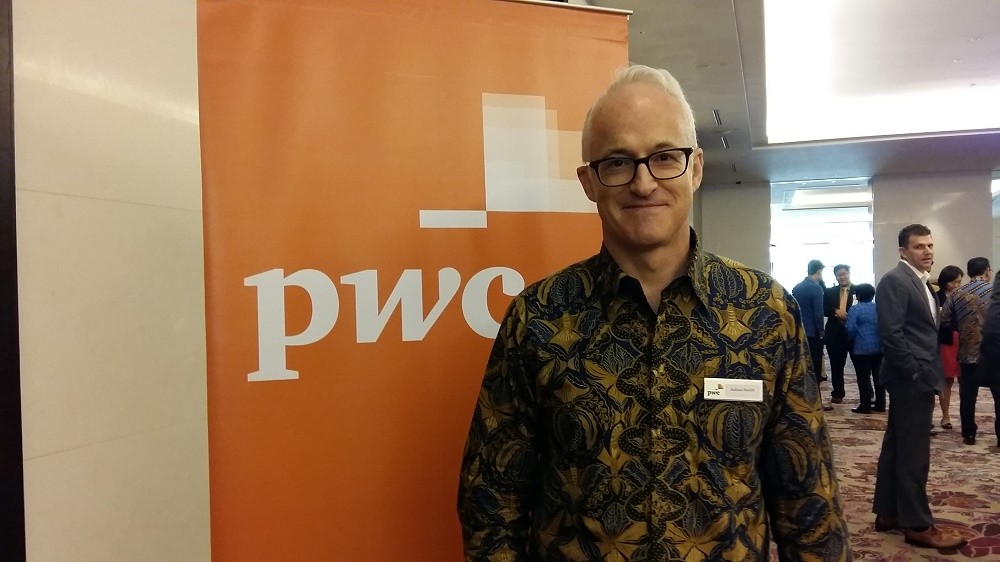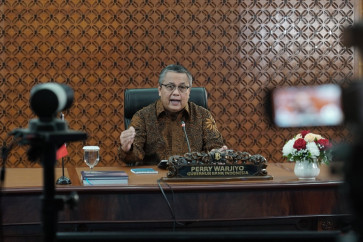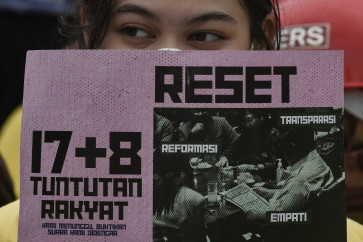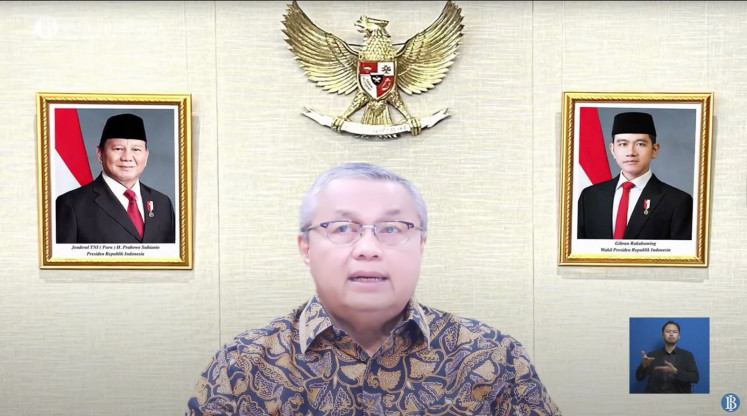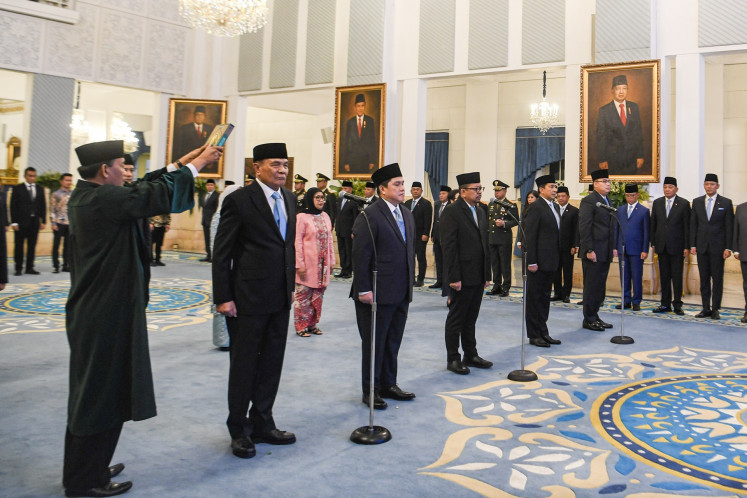Popular Reads
Top Results
Can't find what you're looking for?
View all search resultsPopular Reads
Top Results
Can't find what you're looking for?
View all search resultsDeeply rooted problems hinder private funding of infrastructure
Change text size
Gift Premium Articles
to Anyone
I
n order to achieve its grand infrastructure dreams, President Joko “Jokowi” Widodo’s administration must eradicate deeply entrenched stumbling blocks that have deterred private sector investment, a consultants’ report states.
Transparency and regulatory problems are among nine “historic obstacles” identified as the key challenges to private sector investment in Indonesia’s infrastructure projects, according to a report by the Jakarta office of consulting giant PricewaterhouseCoopers (PwC), published on Tuesday.
A lack of transparency in pipeline projects and the procurement process, an uncertain regulatory framework and policy flip-flops, as well as an unreliable judicial system to enforce contracts, top the list of issues needing to be solved to achieve the President’s infrastructure ambitions.
“What the Indonesian government has to do more is to understand what motivates private investors and create the conditions” necessary for investment, PwC technical advisor for Indonesia Julian Smith said.
Almost all of the projects listed as ‘‘ready for tender’’ in the 2015 Book of PPP (Public Private Partnership) Projects have stalled for one reason or another. “Strong political will is a critical factor in driving forward bottlenecked projects,” the report reads.
Jokowi scrapped multibillion dollar energy subsidies shortly after taking office in 2014 and redirected a large portion of the funds saved for infrastructure spending, to unlock potential economic growth of up to 7 percent in Southeast Asia’s largest economy.
However, total government infrastructure spending, which rose by a substantial 51 percent to Rp 209 trillion year-on-year (yoy) in 2015, was still lower than the planned 63 percent rise. Budget disbursement also fell to 72 percent in 2015 from 78 percent in the previous year.
Also, a fiscal revenue shortfall has forced the government to cut some infrastructure spending.
“It should also be noted that not all of this spending has immediately flowed down to actual construction activity, since it includes money disbursed by the central government but not yet spent on construction and also administration costs of line ministries,” PwC states.
The international consultants therefore advise the government to reduce its reliance on state firms, which “do not always have the management capacity and funding for the tasks they are allocated”.
Streamlined land acquisition, capacity building in project preparation, as well as better coordination within government institutions are also desperately needed, they say.
PwC also calls for continued improvement in the investment climate such as in transparency and deregulation to improve the country’s ease-of-doing-business ranking, as President Jokowi aims to jump to 40th position, from the current 109th of 189 countries surveyed for the World Bank’s index.
Adding to the problems of infrastructure investment, state-owned infrastructure financing company PT Sarana Multi Infrastruktur (SMI), which gathers and disburses funds for national infrastructure projects, is still facing difficulties with land procurement.
That is despite a revision to the 2012 Land Procurement Law that was expected to expedite land acquisition, as owners will face compulsory purchase of their property if it is necessary for public infrastructure projects, while being guaranteed fair compensation.
However, lack of land tenure data recognized nationwide, including by the government and courts, has hampered implementation of the law. “The challenge in the land procurement process is to do it in a transparent way so that both the land owner and investors can have faith. This transparency has not yet been fully achieved by regional governments,” SMI president director Emma Sri Martini said.
The problems with the lack of transparency and uncertain regulations were also cited by Indonesian Chamber of Commerce (Kadin) advisory board member Chris Kanter as being among the main reasons why private companies hesitate before investing in an infrastructure project.
“Private investors are placed in a difficult position,” he said, echoing PwC’s note that for private investors to spend huge sums on multi-year investments, a clear regulatory framework and strong judicial system are essential.

